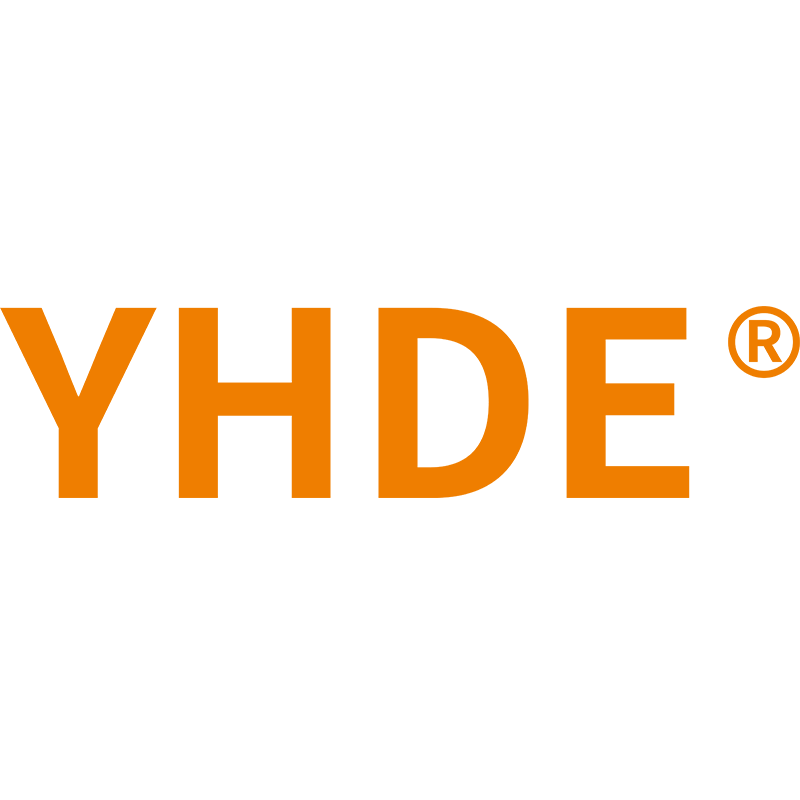How is the fluid noise of the hydraulic pump station generated?
In hydraulic systems, fluid noise accounts for a considerable proportion. This noise is caused by the flow rate of the oil, sudden changes in pressure, and cavitation. The fluid noise of the hydraulic pump is mainly caused by the pump pressure, the periodic change of the flow rate and the cavitation phenomenon. In the oil suction and pressure oil cycle of the hydraulic pump, periodic pressure and flow changes are generated to form pressure pulsations, which cause hydraulic vibrations and propagate to the entire system through the outlet. At the same time, the pipes and valves of the hydraulic circuit reflect the pressure of the hydraulic pump, causing fluctuations in the circuit, causing the pump to resonate and emit noise.
On the other hand, about 5% of the air is dissolved in a hydraulic system (referred to as an open circuit). When the pressure in the system is lower than the air separation pressure for some reason, the gas dissolved in the oil will be rapidly separated in large quantities to form bubbles, and these bubbles will be crushed when encountering high pressure, resulting in a strong hydraulic shock . For the former control method, the gear modulus should be as small as possible, the number of teeth should be as large as possible, the shape and size of the unloaded groove should be reasonable, and the number of plungers in the plunger pump should be an odd number, preferably 7-9. And symmetrically open upper triangular grooves on the inlet and outlet oil distribution plates to prevent the piston pump from trapping oil.
Therefore, measures to reduce the noise of the hydraulic system, to reduce the noise, it is necessary to conduct an actual investigation of the noise source, measure and analyze the sound pressure level of the hydraulic system, and perform frequency analysis, so as to grasp the size and frequency characteristics of the noise source, and take corresponding measures:
1) Use a low-noise motor and use an elastic coupling to reduce the vibration and noise caused by this link;
2) Anti-vibration rubber pads should be set on the installation surface of hydraulic pumps and hydraulic valves;
3) Try to use hydraulic integrated blocks instead of pipes to reduce vibration;
4) Use accumulators and rubber hoses to reduce vibration caused by pressure pulsations. Accumulators can absorb noise below 10 Hz, and hydraulic hoses are very effective for high-frequency noise;
5) Using a sound insulation cover with sound-absorbing material to cover the hydraulic oil pump can also effectively reduce noise;
6) A deflation device should be installed in the system.
